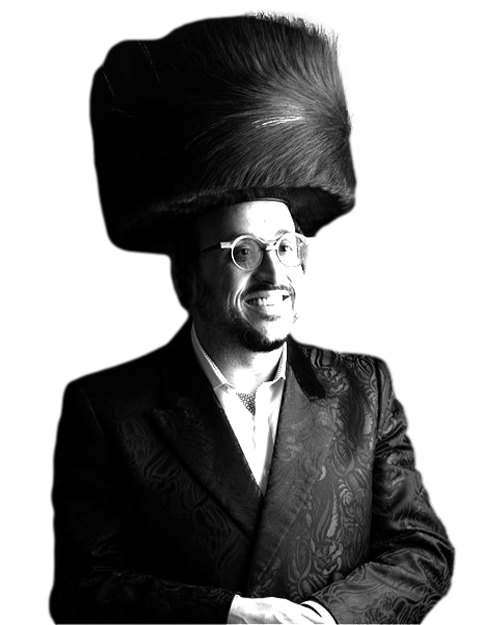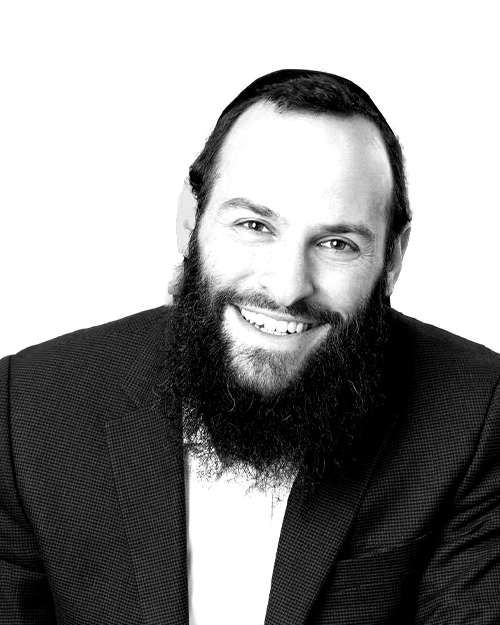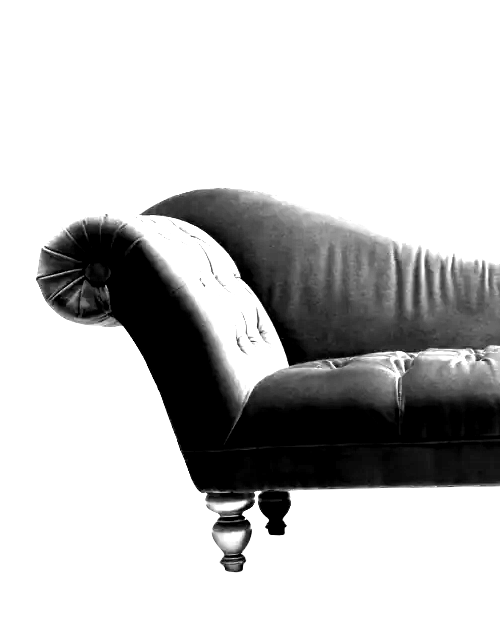
Mental Health
podcast
David Bashevkin: My Mental Health Journey
In this episode of the 18Forty Podcast, David Bashevkin opens up about his mental health journey.
podcast
Yakov Danishefsky: Religion and Mental Health: God and Us
In this episode of the 18Forty Podcast, we talk to Yakov Danishefsky—a rabbi, author and licensed social worker—about…
podcast
Yoni Rosensweig: How Does Mental Health Affect Halacha?
In this episode of the 18Forty Podcast, we talk to Yoni Rosensweig, rabbi of the Netzah Menashe community…
podcast
Regine Galanti: Childhood: Addressing Children’s Mental Health
In this episode of the 18Forty Podcast, we talk to Regine Galanti—a licensed psychologist who specializes in treating…
podcast
Yael Muskat and Martin Galla: Entering Adulthood: Inside a College Counseling Center
In this episode of the 18Forty Podcast, we wrap up our mental health series by talking to Dr.…
book
The Gift of Therapy: An Open Letter to a New Generation of Therapists and Their Patients
The Gift of Therapy is a guidebook to therapy. Accessible to patients and therapists alike, the easily-digested book offers a set of insights into the process and purpose of therapy, for anyone curious to what it is that makes therapy work. Yalom is a gifted writer, and writes from decades of experience as a therapist working with varied patients. This book is beloved by people who have never been to therapy and seasoned therapists alike for a reason. Read it and find out why. If you’re looking for a grounded approach for increasing your wellbeing, read 10% Happier, by Dan Harris. Harris, who had a nationally televised panic attack while on Good Morning America, makes for an engaging guide to how being a bit better can make us all a lot better.
book
The Body Keeps the Score
A new classic, The Body Keeps the Score is both reflective of and causative of the growing appreciation for trauma-informed care. Considering a range of the outcomes of experiencing trauma, and some of the common and less-common approaches to healing trauma and cultivating resilience, this book offers a primer into the interactions between self, experience, and growth. Van Der Kolk offers a consideration of the science of trauma alongside powerful moments of healing, making this book a strong read on the way trauma affects us. If you’ve read The Body Keeps the Score, Judith Herman’s Trauma and Recovery is an important read. A close collaborator of Van Der Kolk, Herman’s work is foundational to our understanding of trauma, and offers a moving portrayal for how healing often happens.
book
The Best Minds: A Story of Friendship, Madness, and the Tragedy of Good Intentions
The Best Minds is the story of two friends who grew up Jewish in New Rochelle, whose lives moved towards and away from each other as one of them struggled with Schizophrenia. This story is a fascinating look at the mental health industry, stories of Jewish success, and psychosis. Read it alongside Ellyn Sak’s classic The Center Cannot Hold if you are looking for more of a picture of what psychosis looks like from the inside.












